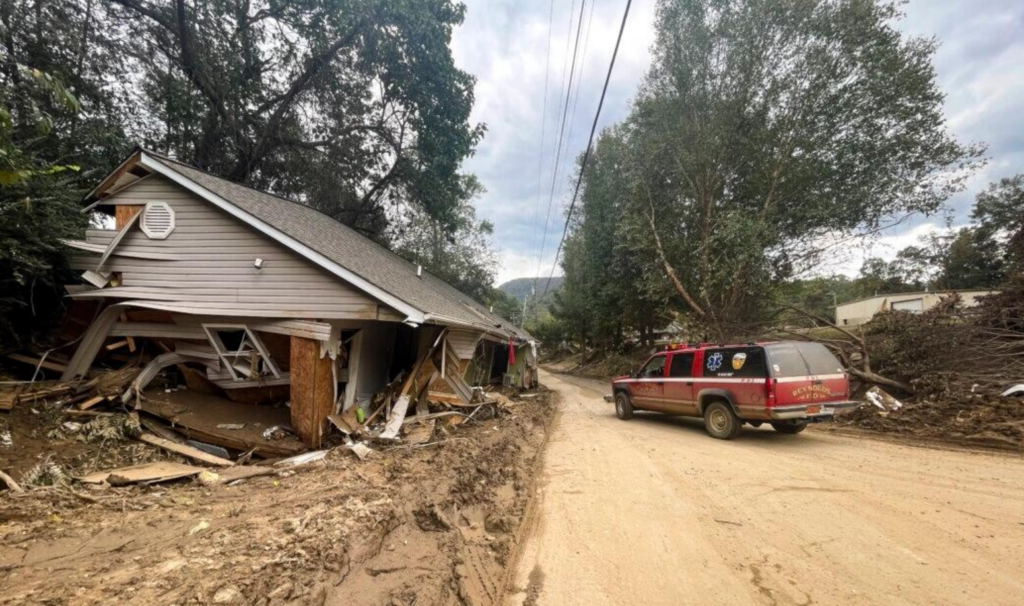In the wake of Hurricane Helene’s devastation across western North Carolina, the U.S. Federal Emergency Management Agency (FEMA) took proactive measures by launching a “rumor response” page to counter misinformation regarding its funding and operational status. Released on October 3, FEMA clarified that it currently possesses sufficient resources for immediate disaster response and recovery needs. The agency urged affected individuals to apply for disaster assistance, emphasizing the availability of various aid programs tailored to diverse needs. Alongside this, FEMA firmly denied allegations that funds allocated for hurricane relief were being redirected to support international immigration efforts, calling such claims “false.”
Texas Governor Greg Abbott voiced concerns over spending priorities, asserting that funds earmarked for illegal immigration resettlement should be redirected to assist hurricane-affected areas. Abbott’s criticism followed comments made by Homeland Security Secretary Alejandro Mayorkas, who indicated that FEMA might struggle to sustain funding through the ongoing hurricane season. Mayorkas’s remarks underscored the tension between humanitarian immigration efforts and domestic disaster relief, leading Republican lawmakers, such as Rep. Jim Jordan, to accuse the Biden administration of neglecting American disaster victims in favor of illegal immigrant assistance.
Further complicating the narrative, online rumors surfaced claiming that FEMA was soliciting cash donations and rejecting volunteers in North Carolina. FEMA promptly addressed these rumors, clarifying that it does not generally accept cash donations or volunteers, but encourages individuals to support reputable charitable organizations that can effectively use financial contributions for disaster relief. Concurrently, the American Red Cross countered allegations that it was discarding donated items, reiterating its focus on providing essential shelter and food services after disasters while working with community partners to handle physical donations.
The death toll from Hurricane Helene has reached at least 215, marking it as the deadliest storm to hit the United States since Hurricane Katrina in 2005. This tragic statistic underscores the gravity of the situation, as local and federal agencies grapple with the dual challenges of disaster recovery and misinformation propagation. Efforts to clarify the roles and responsibilities of organizations like FEMA and the Red Cross are vital for ensuring public confidence and mobilizing support for affected communities.
As the situation continues to evolve, it highlights the broader implications of funding allocation and priority-setting amid humanitarian crises. The remarks from legislators reflect ongoing frustrations over federal disaster preparedness and response, as well as the complexities of immigration policy impacting domestic recovery efforts. The dialogue surrounding the hurricane’s aftermath illustrates the vital need for transparent communication between agencies, local governments, and the communities they serve, particularly in times of crisis.
In conclusion, as FEMA and other agencies respond to the aftermath of Hurricane Helene, navigating the landscape of public perception, misinformation, and resource management is increasingly critical. The unfolding situation serves as a stark reminder of the importance of timely and accurate information dissemination, effective resource allocation, and a united approach to supporting individuals and communities in crisis. Efforts to address and dispel rumors will be essential in ensuring that those affected by the hurricane receive the necessary aid and support as they begin the arduous process of recovery.

